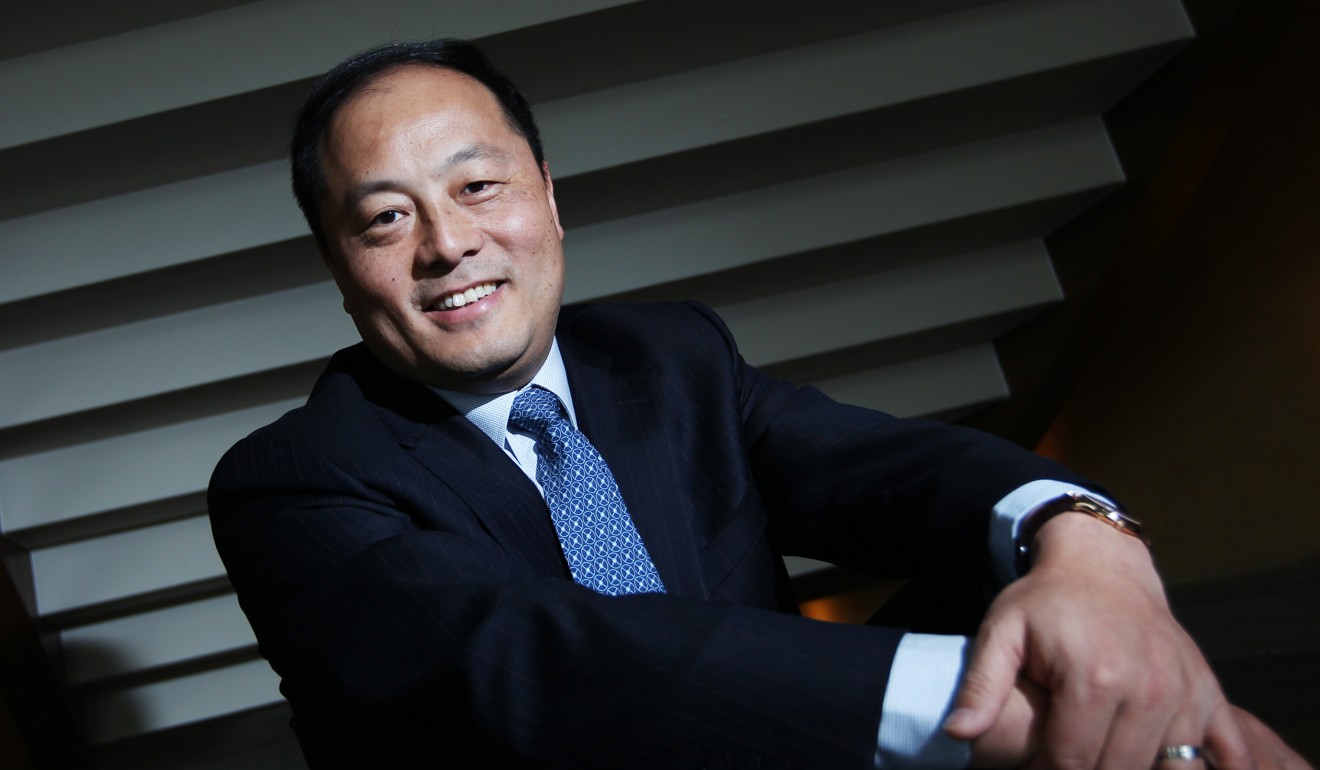
看法动态
China Daily: China looks to top the bill in Hollywood productions
AddTime:2015-04-24
Imagine Hollywood actor Matt Damon engaging in mortal combat with a bunch of sleazy-looking villains on the stone parapets of the imposing Great Wall of China. You're right. He wins against all the odds, as he always does.
Or if you prefer something less violent, but just as tantalizing, how about another scenario: Raven-hair Chinese beauty Li Bingbing races through the mean streets of Los Angeles on an even meaner Harley Davidson, chased by a group of burly bikers. She escapes but has the last laugh, of course.
In fact, you do not really need to stretch your imagination-because you could be able to buy a ticket to watch these scenes on a big screen near you soon, and you can count on Hollywood to produce many more such box-office hits centered on increasingly East-meets-West themes, in partnership with Chinese producers and funded by Chinese money.
"China-connect" was the buzzword of the annual Hong Kong International Film and TV Market, Asia's largest film and entertainment market, hosted by Hong Kong Trade Development Council late last month.
Nearly all the biggest-name US producers were there, rubbing shoulders with Chinese movie moguls and business tycoons keen on joining the star-studded business.
In the past, the Chinese mainland was valued by Hollywood producers as nothing more than a money spinner with an ever-increasing number of moviegoers captivated by US-produced big-budget blockbusters.
Now, however, they have found something that promises to be even more tantalizing: investment funds.
To further tap the potential of the Chinese market, Hollywood producers are trying to knit more and more Chinese elements into their blockbusters by filming on location in China and featuring Chinese stars.
Such exploits have attracted the attention of many Chinese real-estate tycoons, coal mine bosses and rags-to-riches industrialists, who have the money and a growing desire to buy their own slice of showbiz glamor.
"There is huge energy and interest among our members to navigate their way into China, which is now the world's second-largest film market after the United States," said Elizabeth Dell, head of a China Task Force formed by the Producers Guild of America, the highly influential trade organization representing television producers, film producers and new media producers in the US. Dell is also acting as an independent film producer.
The PGA set up the task force last autumn to meet soaring interest from its members in China-especially about how to get money from the market.
"We have also been receiving more requests to participate in China-based, or China-focused, projects in the United States. It is explosive," Dell said.
What is particularly exciting many Hollywood movie producers is that Chinese investment funds are beginning to pour millions into projects, big and small.
A growing number of producers, she said, are working Chinese angles into their movie plots, simply in the hope of attracting calls from eager investors with jumbo-sized egos on the other side of the globe. This huge surge in interest has happened only in the past two years, and already some of China's most successful entrepreneurs, flush with cash, have been eyeing Hollywood and throwing money into creating their own dreams there.
The latest move came in mid-March when Hollywood mini-studio Lionsgate Entertainment Inc, which produced the blockbuster Hunger Games, announced it had reached a three-year agreement with China's Hunan TV & Broadcast Intermediary Co Ltd to co-finance movie productions for the next three years.
Under the agreement, Hunan TV's wholly owned subsidiary, TIK Films, will bankroll one-quarter of Lionsgate's film production budget of $1.5 billion.
The planned list of titles includes Gods of Egypt, Now You See Me 2, The Last Witch Hunter starring Vin Diesel, Sicario and Age of Adalin featuring Blake Lively and Harrison Ford.
Hunan TV is China's second-largest broadcaster after China Central Television, and it is not the only Chinese enterprise trying to court Lionsgate.
Other suitors are thought to include e-commerce giant Alibaba Group Holding Ltd and property group Dalian Wanda Group Co Ltd, both of which are well-known to have been shopping around for up-and-coming Hollywood studios.
It had been widely reported in the Chinese media that Alibaba and Wanda had separately initiated talks with Lionsgate that could lead to either acquiring a substantial interest in the studio. A Lionsgate's spokesman declined to comment on the reports.
"As Chinese people spend more on leisure and entertainment, the film business is seen by many Chinese entrepreneurs as a very important channel to further diversify their revenue sources," said Alex Wang, an analyst with Beijing-based iResearch Consulting Group.
The PGA's Dell said: "The major studios in Hollywood are what we call the 'Big Five,' but there are many smaller producers. Lionsgate sits in the middle of the ranking.
"Irrespective of its size, the studio has got a library that keeps generating revenue and stabilizing the financing. What's more, Lionsgate isn't so big that makes it hard for potential suitors to buy into."
Past transactions have shown that Chinese buyers are targeting the smaller players just to whet their appetites.
Last year Fosun International Ltd, for instance, acquired an interest in Jeff Robinov's new film company Studio 8 for $200 million. Insiders said Fosun had beaten Huayi Brothers Media Corp, the country's largest privately owned filmmaker, in landing Robinov's signature.
Huayi, meanwhile, has reportedly closed its own deal with producer Robert Simonds' new movie and TV studio STX Entertainment to finance, produce and release movies. The Los Angeles Times quoted a source as saying that its total investment in STX was around $50 million.
Chinese private equity fund Hony Capital is STX's largest single shareholder after making a major capital injection in the studio in February.
"Chinese people are global. They are shopping, going to school, buying properties all over the world. That's where we come in. We can show them around Hollywood," said Renee Hartmann, a producer from Los Angeles-based Hollyluxe Entertainment.
Hartmann is promoting a movie project featuring the life of Chinese students in the US with a modest budget of $3 million to $5 million, and TV shows focusing on Hollywood Lifestyle in the Hong Kong Film Festival. Nicole Beckett, also from Hollyluxe, said it is on the hunt for investors.
"They can invest in our movie or TV shows and can be investment companies, TV stations, or online media operators like Youku Tudou Inc," she said.
Tough nuts to crack
As US film producers and Chinese investors continue to snuggle up to each other, industry insiders said making money from these potential marriages is harder than many think.
The Chinese market, on the one hand, remains partially closed to foreign films. Just 34 movies produced outside of China are allowed to be screened in the Chinese mainland each year.
Some foreign, particularly US, filmmakers are seeking to circumvent the restriction by seeking Chinese partners to jointly produce movies for the Chinese market.
The latest co-productions include Legendary Entertainment's The Great Wall, the Zhang Yimou-helmed epic starring Matt Damon, which will be the largest film ever shot in China for global distribution.
China became the first market outside of North America in 2014 to see gross box-office revenue exceed $4 billion, according to the Motion Picture Association of America's annual report, hitting $4.8 billion, a staggering 34 percent rise on 2013. In contrast, total box-office receipts were down 5 percent in the North American market.
The momentum has continued into 2015, with China's monthly box-office receipts totaling $650 million in February, surpassing that of the US for the first time, according to The Hollywood Reporter.




